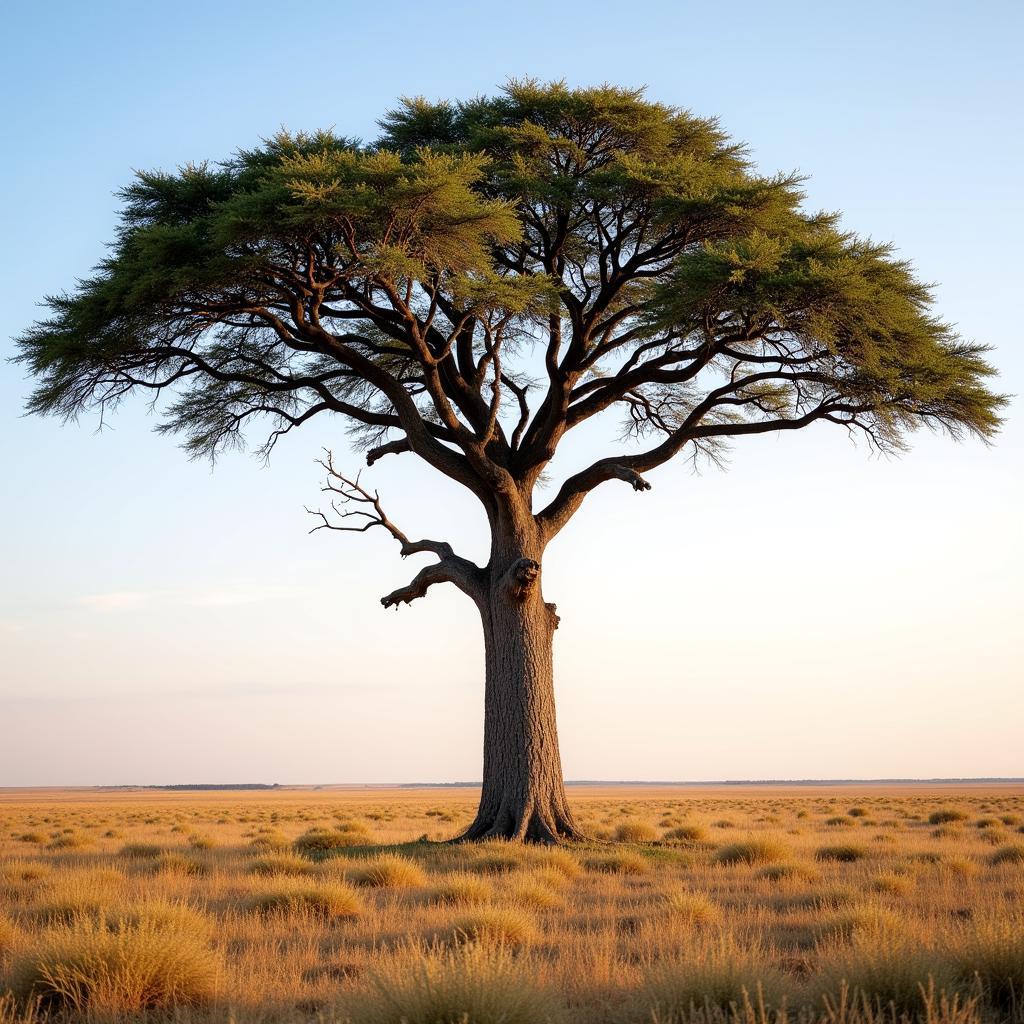The Complex History of African and Native American Relations
The relationship between African and Native American populations is a rich and complex tapestry woven with threads of forced migration, cultural exchange, and shared struggles. While the narrative often focuses on the transatlantic slave trade, the story of African and Native American interaction goes beyond this singular event, extending across centuries and continents. This exploration dives deep into the multifaceted history of these two groups, revealing the intricacies of their intertwined destinies.
The Transatlantic Slave Trade and its Impact
The transatlantic slave trade, a dark chapter in human history, brought Africans to the Americas in large numbers. While it was primarily driven by European colonizers, the impact of this forced migration was deeply felt by both African and Native American communities. The arrival of Africans introduced new cultures, languages, and religions to the Americas, while simultaneously contributing to the disruption and decimation of Native American societies.
The interconnectedness of their experiences in the Americas is undeniable. Native Americans and Africans were often forced to labor together under brutal conditions, facing shared oppression and exploitation. They developed common strategies for survival, forging alliances and forming cultural bonds that transcended racial boundaries.
Beyond the Trade: Shared Resistance and Solidarity
The shared oppression faced by Africans and Native Americans fueled movements of resistance and solidarity. The history of the Americas is replete with examples of their collective fight against European domination.
Dr. Eleanor Green, a historian specializing in African-Native American relations, states: “It’s important to remember that enslaved Africans and Native Americans were not passive victims. They actively challenged their enslavement, forged alliances, and created spaces of resistance.”
From the early days of colonization, alliances were formed between escaped slaves and Native American communities. They provided sanctuary, knowledge, and support, enabling the development of maroon communities – self-governing settlements of runaway slaves.
Cultural Exchange and Intertwined Histories
The forced proximity of Africans and Native Americans resulted in a vibrant cultural exchange. Through music, language, religion, and culinary practices, their respective cultures intertwined and evolved.
For instance, the banjo, a musical instrument deeply rooted in African American culture, originated from instruments brought by Africans and adapted using materials readily available in the Americas. Similarly, Native American food practices like corn cultivation and cooking techniques found their way into the culinary traditions of African Americans.
Understanding the Nuances of a Complex Relationship
While their history is inextricably linked, the relationship between Africans and Native Americans is not a monolithic one. It’s essential to acknowledge the diverse experiences and perspectives within each group, recognizing the variations in their interactions across time and geography.
Professor William Jones, a scholar of Native American and African American studies, highlights: “There were instances of conflict and tension, but also remarkable examples of cooperation and mutual support. It’s crucial to explore these nuances to gain a complete picture of their shared history.”
The Legacy of Shared Struggles
The legacies of shared struggles continue to influence contemporary African American and Native American communities. The fight for equality, justice, and recognition of their cultures and histories remains ongoing.
FAQ
Q: What are some notable examples of African and Native American alliances?
A: Notable examples include the Seminole Wars in Florida where escaped slaves known as the Black Seminoles joined forces with Seminole Native Americans to resist forced removal, and the alliance between the Black Loyalists and the Mohawks during the American Revolution.
Q: How did cultural exchange impact the development of African American culture?
A: Cultural exchange led to the emergence of new musical traditions, like blues and jazz, the incorporation of Native American medicinal practices into African American healing traditions, and the integration of Native American food crops into African American cuisine.
Q: How does understanding the relationship between African and Native Americans contribute to a broader understanding of American history?
A: It allows us to challenge simplistic narratives about American history and recognize the diverse and complex realities of the past. It encourages us to move beyond the binary of race and examine the interconnectedness of different groups within the American experience.
Conclusion
The history of African And Native American Relations is a powerful testament to resilience, adaptation, and the enduring strength of shared experiences. It underscores the importance of understanding the complexities of history and appreciating the multifaceted nature of identities and interactions. By acknowledging their shared struggles, cultural exchange, and intertwined destinies, we gain a deeper appreciation for the rich and vibrant tapestry of American history.

